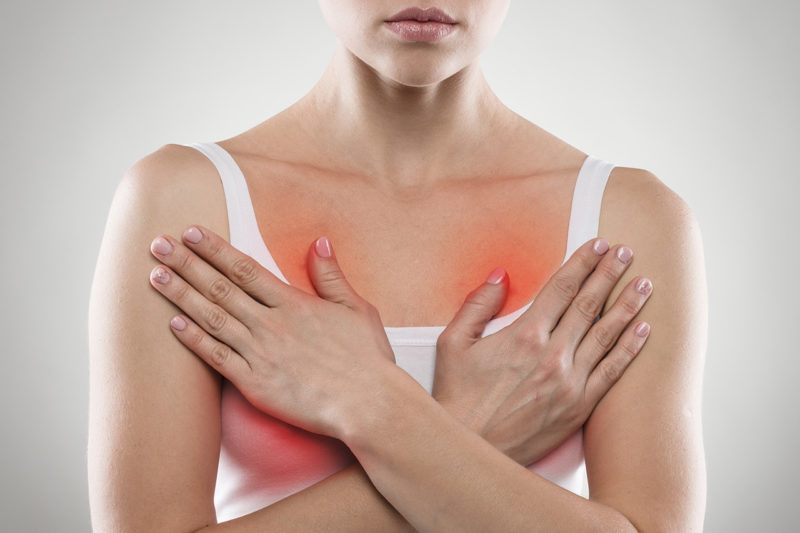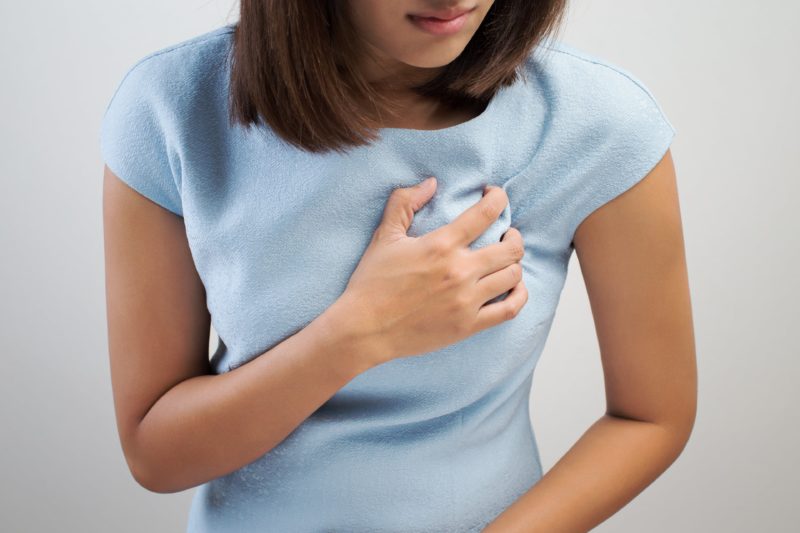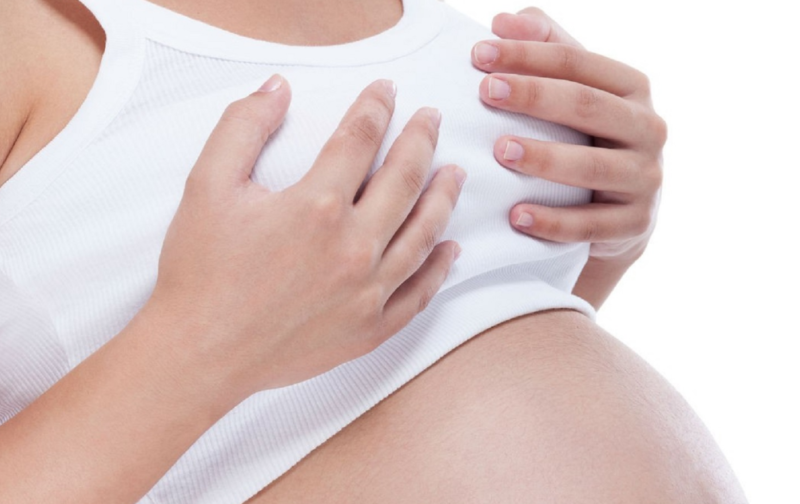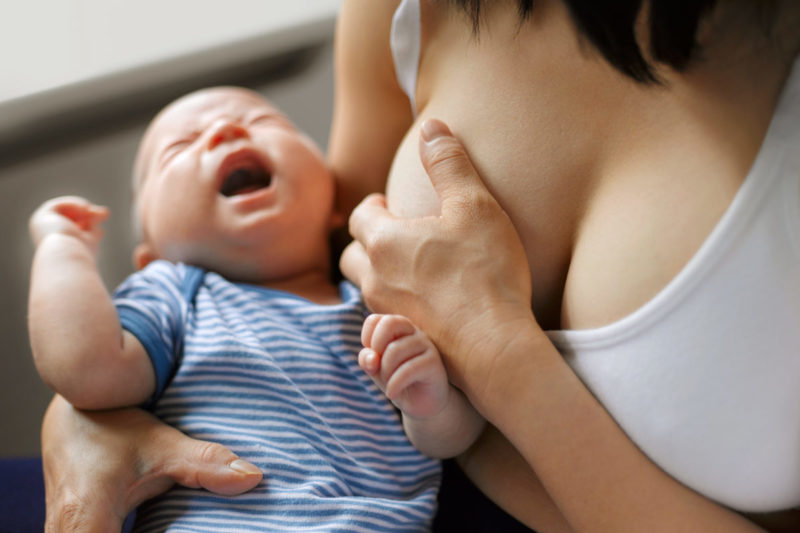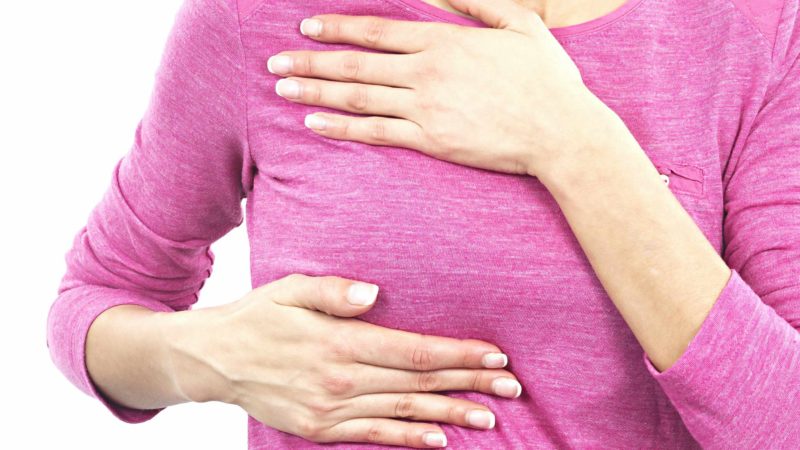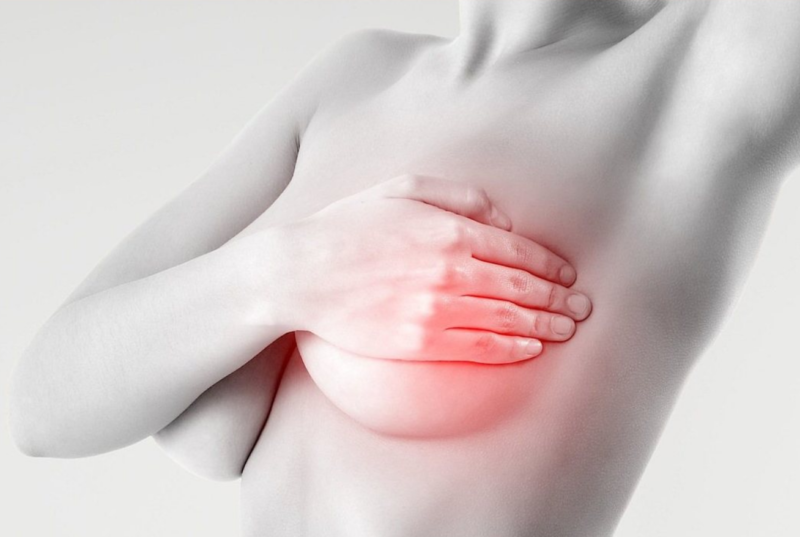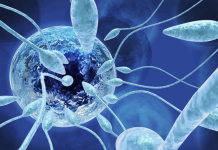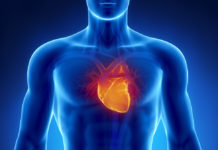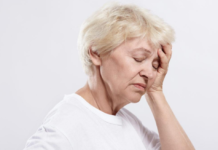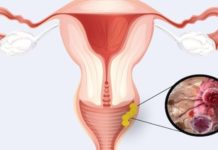Often, women are perplexed why the chest hurts. In fact, the reasons may be the most commonplace. No need to panic and come up with scary diagnoses. This sensation has its medical name - mastalgia, and approximately 60–70% of the female population of the planet periodically suffers from it.
Material Content:
The main causes of chest pain
First of all, you need to analyze when there is discomfort (during ovulation, in the middle of the cycle or before menstruation), which additional symptoms are present.
The pain can manifest itself in the form of a burning sensation, a feeling of heaviness, and increased sensitivity. At the same time, the left or right chest or both can hurt.
The causes of pain in the mammary glands are very different, ranging from a slight hormonal imbalance and wearing an uncomfortable bra, to mastopathy and more serious ailments.
Before menstruation
Most often, chest pains before menstruation or during their period. This symptom is called cyclic pain. It can be dull, burning or stitching, each describes such manifestations in different ways. Plus, the chest often swells, becomes tuberous inside, especially in the upper part. From this condition, young girls and women are most often affected.
Such an ailment occurs due to the fact that the second phase of the menstrual cycle after ovulation is disrupted. Hormonal imbalance usually leads to stagnant processes and blockage of the glandular ducts in the chest. This is not the norm, therefore a specialist consultation is necessary.
During pregnancy
Often, chest pain during pregnancy. Such a phenomenon is not considered a pathology, it is recognized by experts as a completely natural phenomenon, which has physiological reasons. The breast enlarges, swells, becomes heavier, a lot of blood enters into it, because of which a mesh of veins clearly appears on the skin. This is all necessary to prepare the body for the upcoming work - feeding the baby. Doctors even believe that the ongoing physiological changes are necessary for the complete "development" of the mammary glands, which reduces the risk of many diseases.
As a rule, pregnant women suffer from unpleasant sensations only in the first trimester, and then the discomfort gradually wanes and disappears.
During menopause
With menopause, the mammary glands hurt very often. Hormonal changes in the body do not pass without a trace, because many women are forced to suffer a lot before everything comes back to normal. The chest is the organ most sensitive to the action of hormones, and therefore pain during a sharp fluctuation in the amount of estrogen and progesterone is more likely the rule than the exception.
But sometimes specific causes may be different - mental imbalance, the development of osteochondrosis, heart disease, previous injuries or operations, bad habits, mastopathy, oncology. Therefore, the first thing to do is consult a doctor. In general, all women after 45 years old need to have a mammologist every six months to prevent the development of dangerous diseases in time.
While feeding a baby
When feeding, nipples are often sore, especially in the first days and weeks after childbirth. This is understandable, since the constant effect of the baby’s gums on delicate skin easily provokes pain and the appearance of cracks. As a rule, after a few days the skin adapts to new conditions, becomes rougher, and unpleasant symptoms disappear.
If the pain is still felt, then there are certain reasons for this:
- improper attachment to the chest;
- lactostasis or mastitis;
- strong flushes of milk;
- cracks;
- mastopathy.
When milk arrives, mother feels a growing pain, her chest seems to endure and pours. This is absolutely normal, and it manifests itself very briefly. If the baby is not properly applied, it is necessary to study and apply the developed techniques in practice. In other cases, it is better to consult a doctor to prevent complications.
In rare cases, it is not possible to determine the true cause of the pain. Sometimes it can be an illiterate birth control, misconduct, chronic gynecological diseases, thyroid disorders.
What pathologies indicate pain
Stitching pain in the chest is not always an indicator of diseases of the mammary glands. Often the appearance of discomfort in this area during movement or a change in body position is associated with intercostal neuralgia or with pathologies of the cardiovascular system. In this case, you need to visit a neurologist or cardiologist.
Painful itching often appears as a result of the negative influence of chemicals - powder, gel, cream, soap. In such cases, it is often quite simple to remove the allergen, and the situation normalizes. But sometimes severe dryness and itching of the skin are symptoms indicating ovarian failure, diabetes mellitus and other pathologies.
However, most often soreness is a sign of hormonal imbalance or mastopathy. Fibrocystic mastopathy occurs in every third woman. At risk are those who choose not to breastfeed, are not pregnant, or later find themselves in this state, as well as ladies with late menopause.
When not to worry, normal rates
In principle, moderate chest pain is acceptable in the following conditions:
- puberty;
- pregnancy;
- ICP;
- menopause;
- lactation.
Ideally, the breast of a healthy woman should not hurt at all, but in our time there are practically no people with such indicators. Just in case, consult a doctor will never hurt. Many girls and women consider chest pain to be completely normal and get used to the condition, while this may be a sign of certain hormonal or gynecological problems.
Diagnostic methods and treatment
The most common cause of pain is mastopathy, so it is best to consult a mammologist right away. He will be able to make an accurate diagnosis and prescribe adequate therapy.
Do not hesitate if, in addition to discomfort, other symptoms are also observed:
- strange discharge;
- change in the shape or size of the mammary glands, their asymmetry;
- swelling or clot in one of the armpits;
- rash;
- strange itch;
- unusual appearance of the nipple;
- the presence of thickened glandular tissue.
At the first appointment, the specialist will ask questions that will help him clarify the situation, listen to the lungs and heart, and palpate the mammary glands and lymph nodes. If any seals in the chest are detected, the first thing to do is to appoint an ultrasound or mammogram. Such a diagnosis will help determine the cause of the condition. In rare cases, a breast biopsy is prescribed (a microscopic tissue sample is sent for an extended study to the laboratory).
The initial stage of mastopathy can be treated without medication, simply by changing eating habits. It is often enough to limit animal fats, alcohol, coffee, introduce a large amount of fiber, bran, berries into the menu, and establish a drinking regime. And they also recommend moving more actively, more often walking in the fresh air. In more advanced cases, you will need to take vitamin-mineral complexes, analgesics and special preparations.
If there are no serious reasons for the appearance of pain, the doctor will advise you to choose a comfortable bra, and to relieve discomfort during the exacerbation, take ibuprofen or paracetamol. Sometimes it is recommended to rub the first remedy or diclofenac in the form of a gel into the skin of the mammary gland. But if the skin is damaged, this method should not be used.
Is there prevention
Prevention measures are very simple:
- Wear a comfortable bra. An improperly selected thing with bones can strongly compress the chest, disrupting normal blood flow and rubbing the skin. Even doctors confirm that in women who were diagnosed with cystic fibrous mastopathy, after they stopped wearing a bra, the condition improved significantly.
- Have a regular sex life. This helps to prevent an increase in the level of estrogen in the blood, which, in turn, causes swelling and discomfort in the mammary glands.
- Breastfeed. It is scientifically proven that mothers who adhere to this tradition are much less likely to suffer from breast cancer and mastopathy. Modern women, as a rule, rarely give birth to more than 1-2 children, which leads to many health problems. The mammary glands by nature are designed to feed babies, so the long absence of lactation is an important risk factor for a variety of diseases. All natural physiological processes, contrary to fashionable popular belief, just contribute to the normal functioning of the mammary glands.
- Keep track of nutrition. Sometimes a girl’s chest hurts for a simple reason - lack of iodine, therefore it is enough to introduce products with a high content of this substance into the diet to make up for the deficiency of the element.
- Properly care for your breasts. The mammary gland is an extremely tender and fragile organ, from which it follows that it must be handled with care. Even a small injury to the milk ducts and lobules can provoke an inflammatory process.
Unfortunately, breast cancer is still leading among oncological diseases in women.Mastopathy, although it is very common, increases the risk of developing this pathology, therefore, it is necessary to undergo appropriate examinations from time to time and eliminate the problems that arise. Chest pain can just be the first alarm, a timely reaction to which can help to avoid many unpleasant and even life-threatening diseases.


